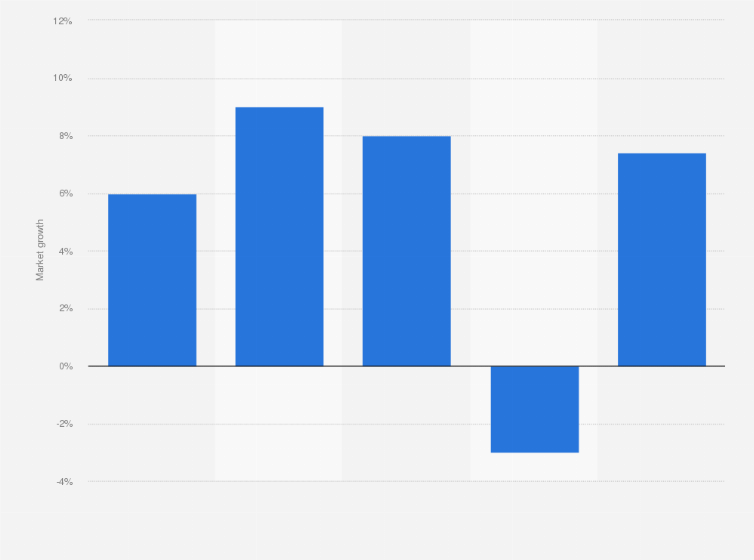Insightful Updates
Stay informed with the latest news and trends.
Exploring the Unexpected Rise of Skin Marketplaces
Discover how skin marketplaces are reshaping online commerce and surprising trends that could change your gaming experience forever!
The Evolution of Skin Marketplaces: From Niche to Mainstream
The evolution of skin marketplaces has been nothing short of remarkable, transitioning from obscure online hubs to flourishing digital economies. Initially, these marketplaces catered to a niche audience of gamers seeking to trade virtual skins — cosmetic items that alter the appearance of characters or weapons in video games. Over time, as the gaming industry exploded, the demand for unique and rare skins surged, leading to the emergence of dedicated platforms where players could buy, sell, and trade these items. This shift not only revolutionized the gaming experience but also attracted attention from investors and entrepreneurs, further solidifying skin marketplaces as a viable segment of the broader digital economy.
Today, skin marketplaces have firmly established themselves in the mainstream, reflecting broader trends in e-commerce and digital currencies. The rise of blockchain technology and cryptocurrencies has enhanced the legitimacy of these platforms, enabling secure transactions and ownership verification. Moreover, celebrities and influencers have begun to embrace the culture surrounding virtual goods, leading to increased visibility and interest in skin trading. This transition towards mainstream recognition has opened up new revenue streams for developers and gamers alike, making skin marketplaces not just a trend, but an integral component of the gaming landscape.

Counter-Strike is a popular first-person shooter game that has captivated gamers worldwide. Players can engage in intense team-based battles, utilizing strategy and skill to outmaneuver their opponents. For those looking to enhance their gaming experience, using a daddyskins promo code can provide valuable in-game items and skins.
How Skin Marketplaces are Transforming the Gaming Economy
The rise of skin marketplaces has dramatically reshaped the gaming economy, creating a robust platform for players to buy, sell, and trade virtual items, particularly in popular titles like Counter-Strike: Global Offensive and League of Legends. These platforms allow gamers to monetize their in-game assets, turning rare skins and cosmetics into real-world currency. As a result, the dynamics of virtual ownership have transformed, with players viewing their in-game possessions not just as aesthetic upgrades but as valuable commodities that can significantly enhance their gaming experience.
Furthermore, skin marketplaces have introduced a new layer of interaction within gaming communities, fostering a sense of competition and collaboration among players. For instance, players often engage in trade offers and participate in various platforms where they can showcase their collections, further driving demand. This ecosystem also promotes a new breed of professional gamers and content creators who leverage their rare skins to attract attention and sponsorships, subsequently pushing the boundaries of what it means to participate in the gaming economy and heralding a new era of digital capitalism.
What You Need to Know About Buying and Selling Skins Online
When it comes to buying and selling skins online, understanding the market dynamics is crucial. Skins, often found in video games like CS:GO and Fortnite, can vary greatly in value based on factors such as rarity, demand, and condition. Before diving in, it’s important to research reputable platforms and marketplaces where transactions are secure and reliable. Look for user reviews and community feedback to ensure you’re using a trustworthy site. Many gamers also recommend using escrow services to protect against fraud during high-value transactions.
Another key aspect of buying and selling skins online is knowing how to negotiate prices effectively. Here are some tips:
- Keep an eye on market trends and fluctuations in skin prices.
- Be patient and don’t rush into a purchase or sale; waiting can often yield better deals.
- Engage with the community to gain insights and tips from experienced traders.